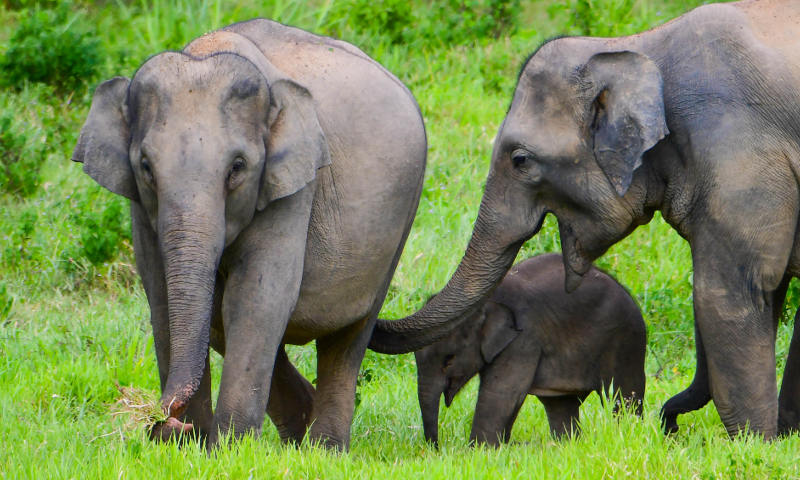
Wildlife conservation aims to ensure those species of animal most endangered or at threat are secured and able to recover in the wild. Conservation and regulation are essential for the preservation of certain animal species. Unfortunately, not all animal attractions and wildlife excursions operate legally or in accordance with local and national legal requirements. We will only work with those suppliers, animal attractions or wildlife-related excursions that hold a valid license to operate.
Animal attractions and wildlife excursions must comply with CITES requirements. CITES (the Convention on International Trade in Endangered Species of Wild Fauna and Flora) is an international agreement between governments. Its aim is to ensure that international trade in specimens of wild animals and plants does not threaten their survival.
CITES works by subjecting international trade in specimens of selected species to certain controls. All eleven destinations that Destination Asia operates within are member parties. There are three levels of protection afforded to endangered animals depending on the circumstance of the species, although the following always applies:
We will always advise travelers to never purchase ivory or products made from animal bone, hide or hair. You do not know their origin and its purchase simply fuels the illegal trade in wildlife and encourages poachers to continue to hunt these animals.
Click here to open the Destination Asia Animal Welfare policy.
At Destination Asia, we believe that without a doubt elephants belong in the wild, and viewing them in their natural habitat is a more enriching experience for travellers. However, through education and working closely with conservation groups, we have learned that visiting a reputable elephant camp and riding an elephant under the correct conditions can be done without causing harm. Read more about elephants in Asia in the Destination Asia Animal Welfare policy.
